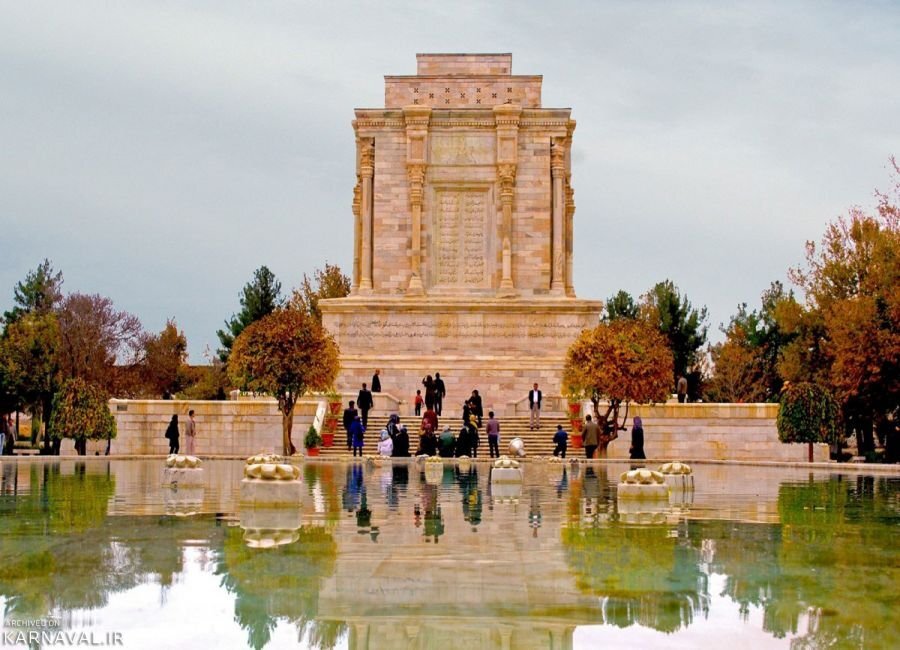Iran is hoping to win UNESCO recognition for Tus

TEHRAN – Iran’s Cultural Heritage, Tourism and Handicrafts Ministry is hoping to win UNESCO recognition for Tus, an ancient city in northeast Iran where the illustrious Persian poet Ferdowsi is laid to rest.
“The global registration of Tus [on UNESCO World Heritage list] is one of our priorities in the tourism ministry,” the deputy tourism minister said on August 13.
In that regard, the ministry in close collaboration with local entities will form a special council to pursue the implementation of urban plans in Tus and its [possible] registration as a World Heritage, Ali Darabi said.
Last year, the official publicized efforts were underway to formulate comprehensive plans to help revive the previous spender of the ancient town through the close collaboration of local officials and experts. “We will take a big step for the global registration of the historical city of Tus and Ferdowsi’s mausoleum… Of course, some preparations have been made, and we must carry out field measures,” Darabi stated.
“We are determined to take a big step for the global registration of Tus,” Darabi underlined.
Located near the provincial capital of Mashhad, which is one of the top tourist attractions of the country, Tus has been the birthplace of some important cultural and scientific Iranian figures in the past centuries.
The city was captured by Alexander the Great in c. 330 BC and it was destroyed once during the Mongol invasion, and again by the Timurids, and many of its people were killed.
Tus is famed as a cultural hub and is home to many national figures. Ferdowsi is a world-renowned poet whose mythical poems are translated into various languages. Many Iranians regard Ferdowsi as the greatest of their poets. Down through the centuries, they have continued to read and listen to recitations from his masterwork, the Shahnameh.
Al-Ghazali was another figure who emerged from that area. He was a theologian, jurist, philosopher, and mystic. Other notable residents of Tus include the early polymath Jabir ibn Hayyan, poet Asadi Tusi; polymath Nasser al-Din Tusi and the prominent Islamic scholar Abu Jafar Tusi.
AFM
Leave a Comment